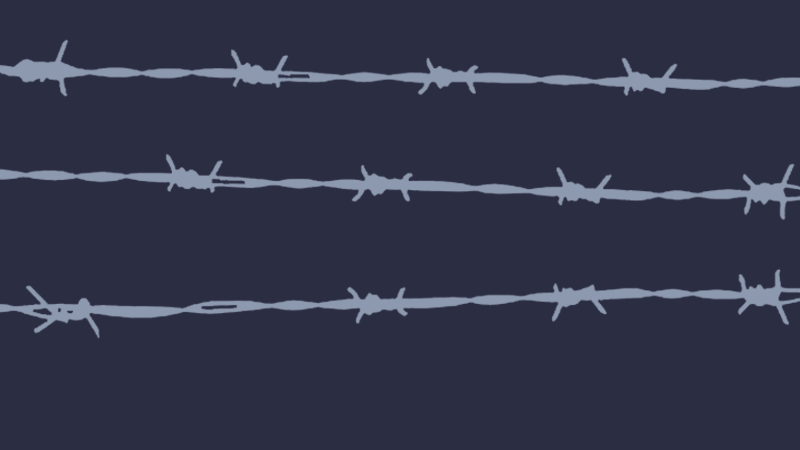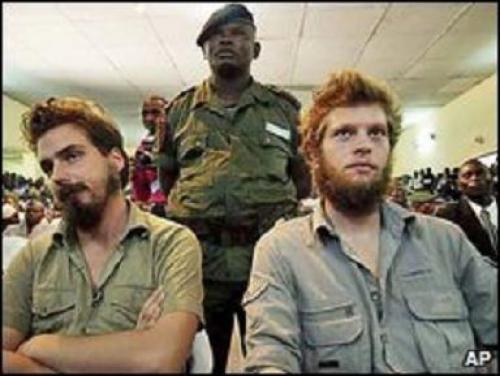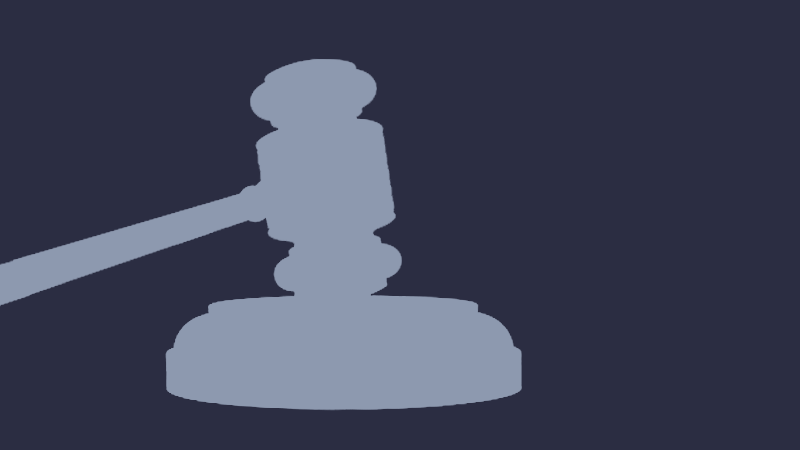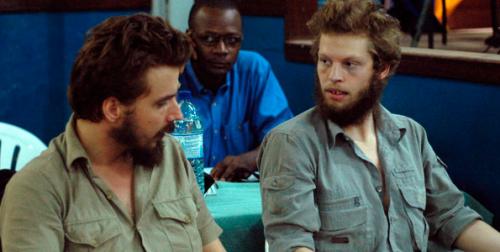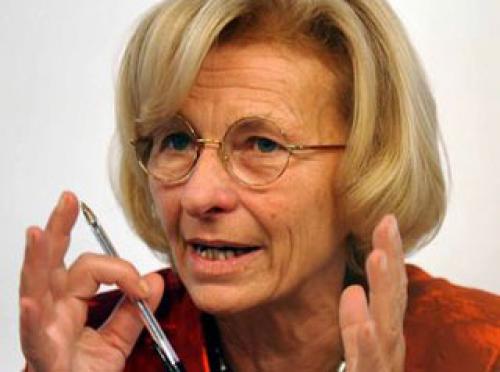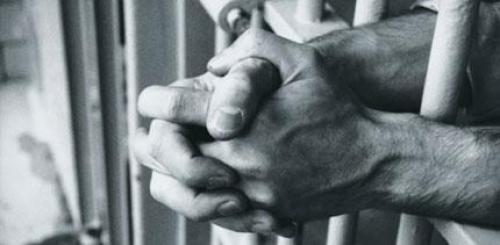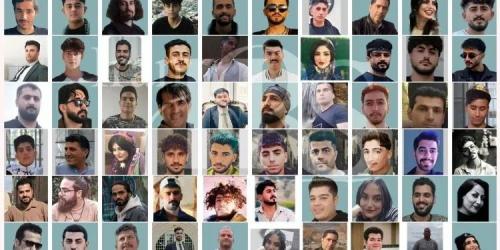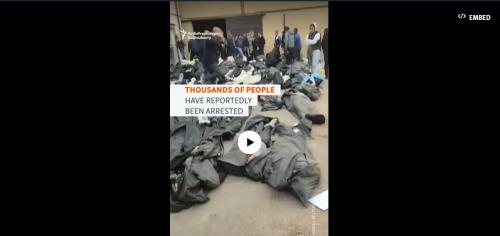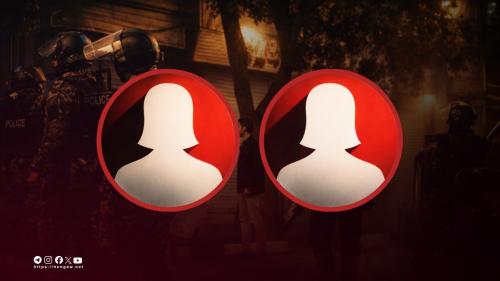government: republic
state of civil and political rights: Not free
constitution: 18 February 2006
legal system: accepts compulsory ICJ jurisdiction, with reservations.
legislative system: bicameral legislature consists of a National Assembly and a Senate
judicial system: Constitutional Court; Appeals Court or Cour de Cassation; Council of State; High Military Judicial System: Court; plus civil and military courts and tribunals
religion: 50% Catholic; 20% Protestant; 10% Kimbanguist, 10% Muslim, 10% other (includes syncretic sects and indigenous beliefs)
death row: at least 200 (according Amnesty International up to 2004) and at least 10 juveniles (according the UN up to 2005)
year of last executions: 7-1-2003
death sentences: 9
executions: 0
international treaties on human rights and the death penalty:International Covenant on Civil and Political Rights
1st Optional Protocol to the Covenant
Convention on the Rights of the Child
Convention Against Torture and Other Cruel, Inhuman or Degrading Treatment or Punishment
Statute of the International Criminal Court (which excludes the death penalty)
situation:
Capital crimes are: aggravated murder, aggravated robbery, treason, spying, political and military offences and genocide.
Since 1994 the Democratic Republic of the Congo (DRC; formerly called Zaire) has been rent by ethnic strife and civil war, touched off by a massive inflow of refugees from the fighting in Rwanda and Burundi. The government of former president Mobutu Sese Seko was toppled by a rebellion led by Laurent Kabila in May 1997; his regime was subsequently challenged by a rebellion backed by Rwanda and Uganda in August 1998. Troops from Zimbabwe, Angola, Namibia, Chad, and Sudan intervened to support the Kinshasa regime. A cease-fire was signed on July 10, 1999, but sporadic fighting continued. Kabila was assassinated in January 2001 and his son Joseph Kabila was named head of state. The new president quickly began overtures to end the war.
The Democratic Republic of Congo put an end to seven years of civil war on July 1, 2003, when a transitional government of national unity was set up, following mediation by the UN and the EU. The first free political elections since independence from Belgium in 1960, initially planned for 2005, were delayed to July 30, 2006.
On January 7, 2003 fifteen people, charged with crimes such as subversion of the state, treason, armed robbery and participation in organised crime, were executed in secret at a military camp close to Kinshasa’s Ndjili airport. These were the first executions known to have taken place since the lifting, on September 23, 2002, of a moratorium on executions announced by then Human Rights Minister Leonard She Okitundu on December 10, 1999.
The execution of the 15 was ordered by the Court d’ordre militaire (COM) a special itinerant tribunal that since its creation in 1997 had been responsible for the execution of some 200 individuals. Its verdicts could not be appealed.
The COM was abolished on April 24, 2003. Its last ruling was issued on January 7, 2003 when it condemned to death 30 men accused of involvement in the assassination of then president Laurent Kabila in January 2001.
On June 28, 2003 during a meeting with an HOC delegation in Kinshasa, President Joseph Kabila declared that he would not authorise any executions, not even those of the men condemned for the assassination of his father, until Parliament had taken a stand on the death penalty.
On May 10, 2005, the National Assembly, the lower house of parliament, removed the reference to the death penalty in the draft constitution previously approved by the Senate. The Assembly finished its review of all the articles of the new constitution on May 13, 2005. The new constitution was approved by popular vote in December 2005.
In September 2005, UN denounced that at least 10 juveniles are in the RDC death row.
On December 18, 2008 Democratic Republic of Congo was absent during the vote on the Resolution on a Moratorium on the Use of the Death Penalty at the UN General Assembly.


